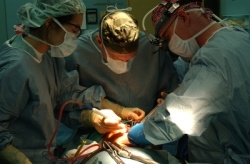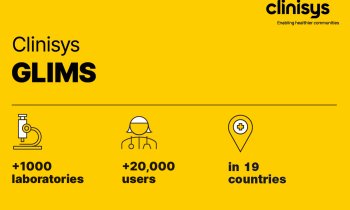Working around the risk: How doctors deal with the danger embedded in the medical system
Risk is an inherent element of the hospital system and the resulting dangers are often normalised by medical staff to allow them to do their job, according to research by a University of Nottingham academic.

Dr Justin Waring, Lecturer in Medical Sociology and Health Policy at the University, found that medical staff were inevitably pessimistic about the ability of their management team to understand the level of risk that doctors and nurses dealt with on a day-to-day basis. They felt that management were too far removed from the realities of clinical safety to judge best practice and that the priorities and targets that drive risk management — such as cost savings and cutting waiting times — diverged from those of the clinicians.
As a result, medical staff develop ritualistic behaviours that are based on shared cultural norms and expectations — just to get the job done. They tolerate and endure levels of risk and sub-standard working; accommodate or accept the presence of risk by making small modifications to clinical practice; and innovate, developing new procedures to work around risk. This emphasis on coping has come to be seen as a mark of professionalism among medical staff.
“The study found minimal participation in incident reporting and risk management among clinicians — not because they were trying to conceal dangers and mistakes, but because coping was the mark of a professional,” Dr Waring said. “Risk is part of a clinician's daily life; it's inherent in medical culture. Doctors can only work to minimise and control risk; they don't feel that they can eliminate it totally.”
Dr Waring has already presented his findings to Sir Liam Donaldson, Chief Medical Officer and the UK's key advisor to the government on healthcare issues and he is now contributing to a review of NHS conducted by Professor Lord Darzi, Parliamentary Under Secretary of State at the Department of Health.. This review coincides with the 60th anniversary of the NHS. A follow-up study into the way medical professionals share patient information in a bid to eliminate risk is set to begin in the New Year.
Dr Waring is based in the Centre for Well-being, Health and Social Care in the University's School of Sociology and Social Policy.
14.01.2008










